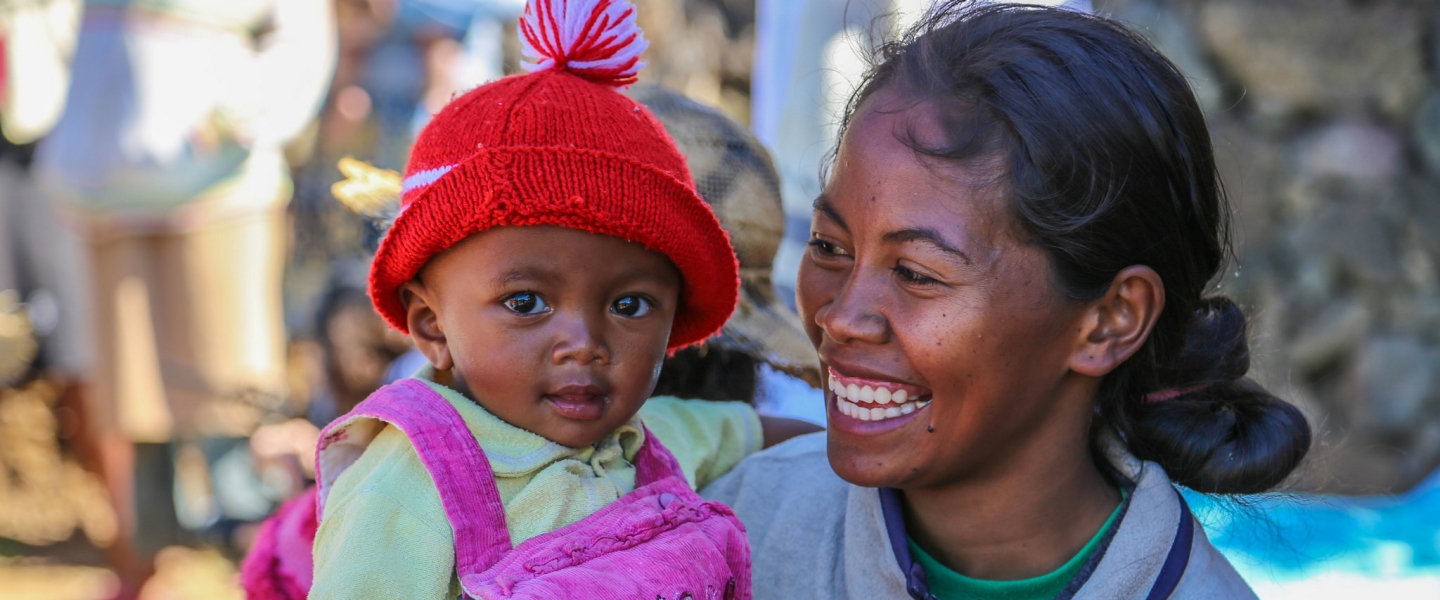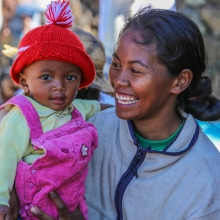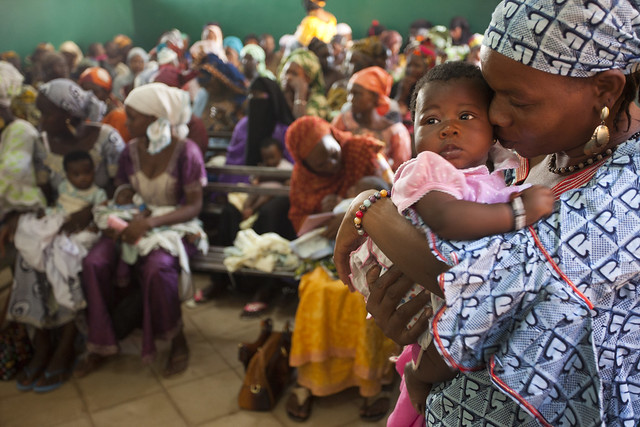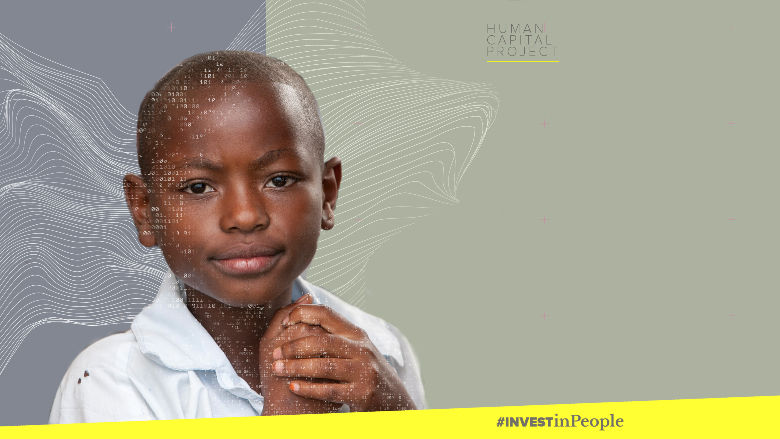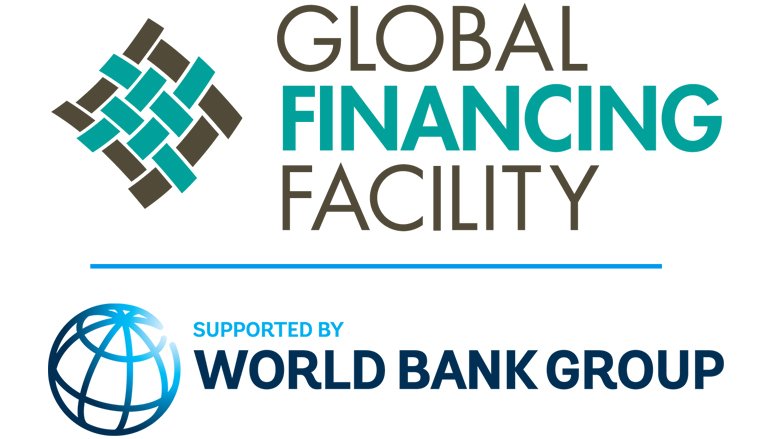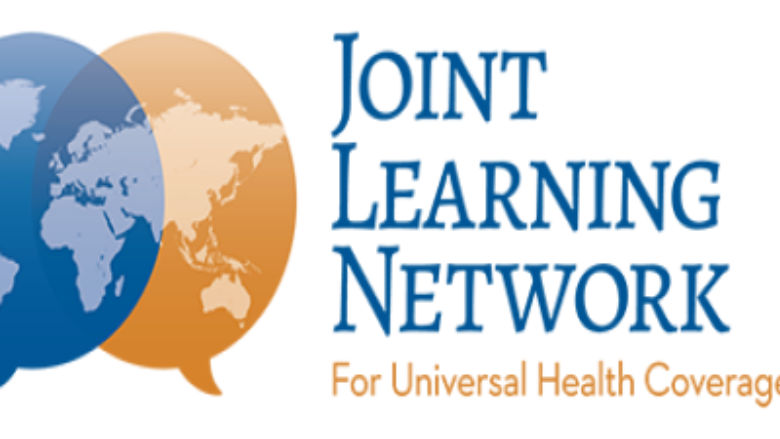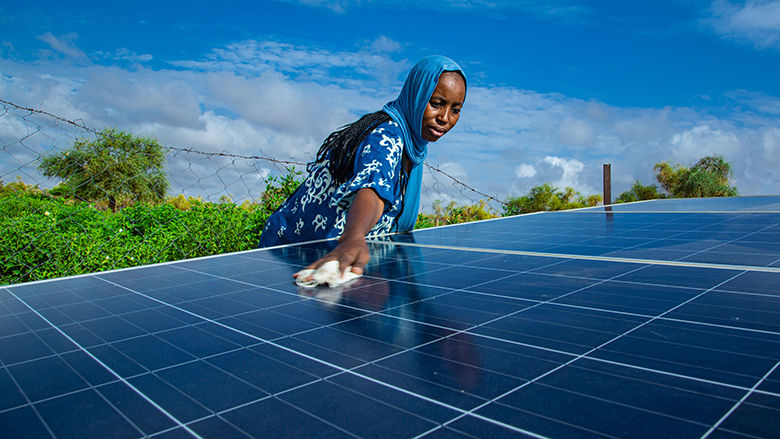The World Bank is committed to helping developing countries achieve Universal Health Coverage (UHC) through stronger, more resilient health systems and providing quality, affordable health services to everyone – especially the most vulnerable. But progress towards achieving UHC remain far off track.
Climate change, health emergencies, demographic changes and a dramatic shortage of health care workers around the world are straining health systems and worsening health outcomes. Aging populations worldwide is fueling a surge of non-communicable diseases and health care costs.The latest World Bank/World Health Organization research revealed an alarming stagnation in the progress towards providing people everywhere with quality, affordable, and accessible healthcare. Over half the world's population--4.5 billion people -- lack access to essential health services and two billion people face severe financial hardship when paying out-of-pocket for the services and products they need.
But despite compelling evidence that investing in health is critical for productivity and inclusive growth, government allocate less money to health than they did before the COVID-19 pandemic.
The World Bank Group is committed to helping countries deliver quality, affordable health services to 1.5 billion people by 2030 as part of our global effort to provide a basic standard of care through every stage of a person’s life.
Our $27 billion global health portfolio includes 160 projects that are helping countries improve health outcomes by strengthening primary care and public health functions and utilizing digital solutions.
Ensuring that every woman and child has access to health care is also fundamental to ending poverty, building robust economies, and achieving UHC.
The Global Financing Facility for Women, Children and Adolescents (GFF), a multi-stakeholder partnership hosted at the World Bank has been supporting countries with the world’s highest maternal and child mortality burden and financial needs. Since the GFF was founded in 2015, partner countries have made significant progress to improve maternal and child health.
The Investment Framework for Nutrition 2024, shows that investments to scale up high-impact nutrition interventions could save the lives of 6.2 million children under age five and prevent 980,000 stillbirths over the next decade. Such programs would also avert 27 million cases of child stunting and 144 million cases of maternal anemia. Both undernutrition and obesity are obstacles to human capital, economic productivity, and an equitable, prosperous world. The economic benefits of nutrition interventions far outweigh the costs of inaction.
Investing in healthy longevity
Compounding these challenges is the rapid aging of populations worldwide, fueling a surge of non-communicable diseases (NCDs) and health care costs around the world.
NCDs are the cause of 70 percent of deaths globally, with most of these deaths occurring in low- and middle-income countries. Despite advances in reducing communicable diseases, rates remain high in many parts of the world for malnutrition, unmet need for sexual and reproductive health services, and maternal mortality.
But there is an opportunity to leverage population aging for health, societal, and economic gains by investing today in health and wellbeing across peoples’ lives. This includes measures to control NCDs and their risk factors which contribute to a large and growing burden of avoidable mortality. Our recent report shows that investing in healthy longevity could save 150 million lives in low- and middle- income countries and extend millions more by 2050, generating significant economic benefit.
Supporting strong resilient health systems
Strong health systems are key to providing health services to everyone who needs it, especially the poorest and most vulnerable people. A World Bank report charts an agenda toward reimagined, fit-for-purpose primary health care. It reflects a renewed understanding of global and local vulnerabilities and opportunities in the post-COVID world. Another report Change Cannot Wait: Building Resilient Health Systems in the Shadow of COVID-19 builds on this analysis and presents a new framework for making health systems resilient and where countries and partners can best target investments to improve health outcomes.
Last Updated: Oct 10, 2024
